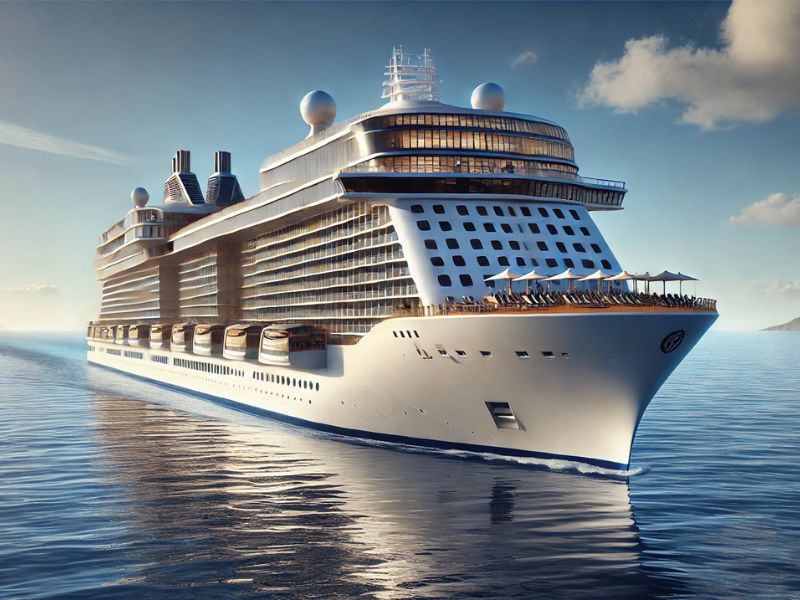
How Cruise Ships Handle Medical Emergencies
Medical Facilities and Specialized Personnel On Board
Cruise ships are like floating cities equipped with state-of-the-art medical facilities to handle any health emergency. Each ship has a medical center with hospital beds, diagnostic equipment such as ECG and X-ray machines, and a well-stocked pharmacy. On board, there is always a team of healthcare professionals, including highly qualified doctors, nurses, and paramedics.
According to a study published in the Journal of Travel Medicine, the medical staff on cruise ships are trained to manage a wide range of situations, from cardiac emergencies to traumas, infectious diseases to pregnancies. Additionally, ships are equipped with telemedicine systems that allow consultation with specialists on shore when needed.
Emergency Protocols and Evacuation Procedures
Every cruise ship has a detailed health emergency plan that is regularly updated and tested through drills. In case of an emergency, the medical staff immediately activates established protocols, which may involve patient isolation, administration of life-saving medications, or even emergency evacuation via helicopter or rescue boats.
According to a report by the World Health Organization, cruise companies closely collaborate with port authorities and onshore emergency services to ensure a rapid and effective response in cases of accidents or severe illnesses on board. This integrated system enables the saving of human lives even in critical situations at sea.
Medical Assistance for Passengers with Special Needs
Cruise ships also cater to the specific medical needs of some passengers. Before embarkation, travelers are encouraged to disclose any medical conditions or disabilities so that the medical staff can arrange a personalized care plan.
According to a study published in the journal Travel Medicine and Infectious Disease, cruise companies offer additional services such as assistance with medication administration, monitoring of patients with chronic conditions, and even organizing medical visits on land during port stops.
Sources


